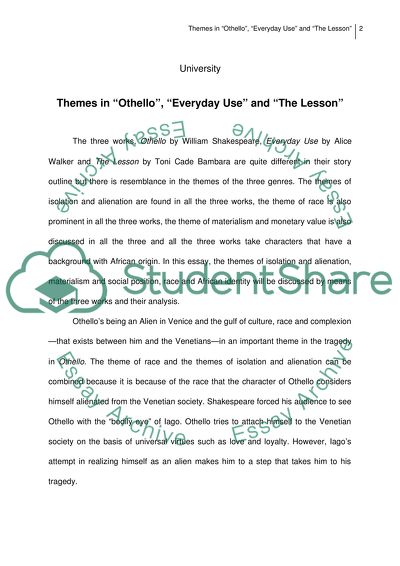Cite this document
(“Literature Essay Example | Topics and Well Written Essays - 2000 words”, n.d.)
Literature Essay Example | Topics and Well Written Essays - 2000 words. Retrieved from https://studentshare.org/miscellaneous/1551374-literature
Literature Essay Example | Topics and Well Written Essays - 2000 words. Retrieved from https://studentshare.org/miscellaneous/1551374-literature
(Literature Essay Example | Topics and Well Written Essays - 2000 Words)
Literature Essay Example | Topics and Well Written Essays - 2000 Words. https://studentshare.org/miscellaneous/1551374-literature.
Literature Essay Example | Topics and Well Written Essays - 2000 Words. https://studentshare.org/miscellaneous/1551374-literature.
“Literature Essay Example | Topics and Well Written Essays - 2000 Words”, n.d. https://studentshare.org/miscellaneous/1551374-literature.


